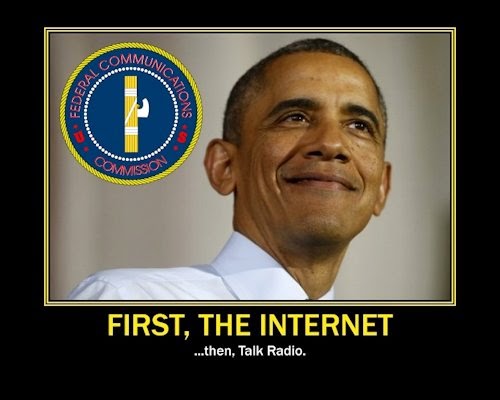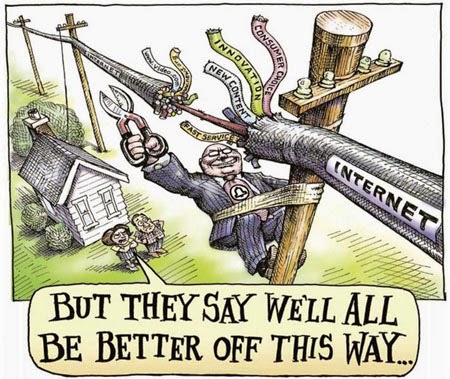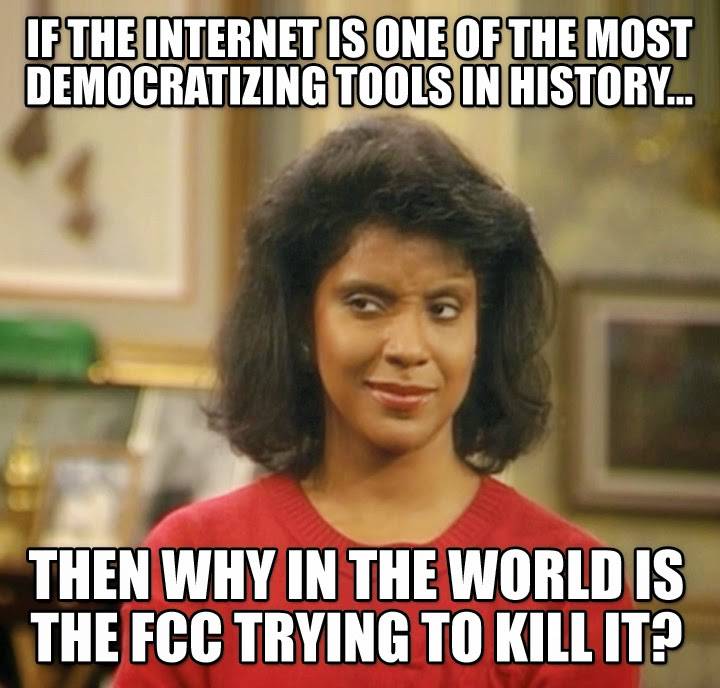This debate is supposedly NOT about regulating what is said on the interwebz, however.
The DANGER (or one of the dangers) is how the proposed rules and regulations might later be abused in ways that have the effect of censoring content. Another danger, of course, is that the desire to impose such censorship is the real root goal of the folks (like Obumbler) trying to get the rules implemented.
The DANGER (or one of the dangers) is how the proposed rules and regulations might later be abused in ways that have the effect of censoring content. Another danger, of course, is that the desire to impose such censorship is the real root goal of the folks (like Obumbler) trying to get the rules implemented.




